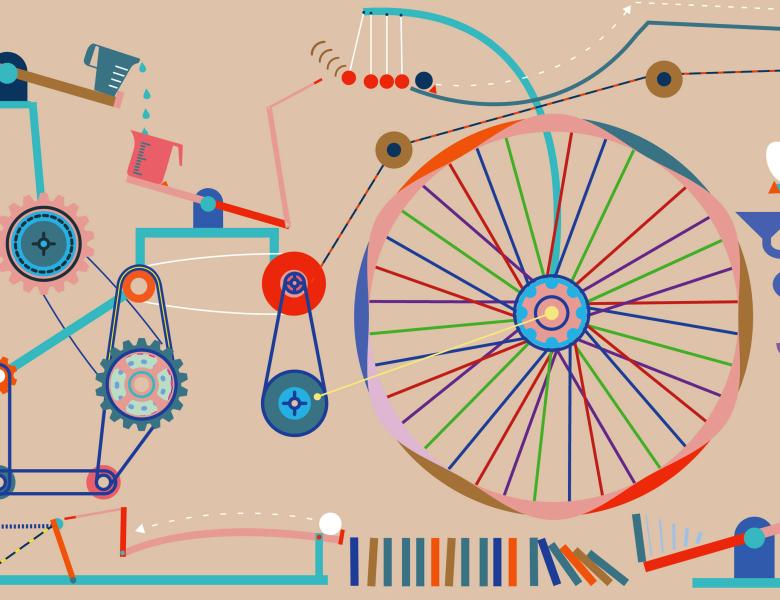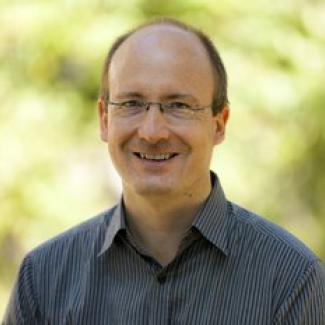
It has been understood for many years that there are connections between constraints such as Bell's inequality and Pearl's instrumental inequalities. This is not surprising since the motivation for Bell's inequality was to test hidden variable theories, and causal models, such as the instrumental variable model, are of this type. In recent years, these connections have grown considerably and now offer many additional areas for research. For example, there is an understanding of causal Bayesian networks in the quantum mechanical setting, there are generalizations of the instrumental inequalities, and general techniques ("inflation") have been developed for deriving constraints from hidden variable models with more general causal structures. These techniques may be very valuable in understanding the properties of statistical models, especially since these methods also describe computationally efficient implementations. Conversely, recent work in statistics on deriving the algebraic closure of latent variable models may offer insights into quantum mechanical systems.
This workshop will provide a setting for these two communities to cross-pollinate.
Jonathan Barrett (Oxford University), Eric Cavalcanti (Griffiths University), Frederick Eberhardt (Caltech), Robin Evans (University of Oxford), Fangjian Guo (University of Cambridge), Yelena Guryanova (IQOQI Vienna), Dominik Janzing (Amazon), Désiré Kédagni (Iowa State University), Sara Magliacane (University of Amsterdam), Sonia Markes (University of Toronto), Tim Maudlin (New York University), Joris Mooij (University of Amsterdam), Ismael Mourifie (University of Toronto), Razieh Nabi (Emory University), Miguel Navascues (IQOQI Vienna), Jonas Peters (University of Copenhagen), Marc-Olivier Renou (ICFO), Thomas Richardson (University of Washington), James Robins (Harvard University), Giulia Rubino (University of Bristol), Ilya Shpitser (Johns Hopkins University), Sally Shrapnel (University of Queensland), Sonja Smets (University of Amsterdam), Rob Spekkens (Perimeter Institute), Pascal Vontobel (Chinese University of Hong Kong), Manfred K. Warmuth (Google Brain), Mirjam Weilenmann (IQOQI Vienna), Michael Weissman (UIUC), Elie Wolfe (Perimeter Institute), Beata Zjawin (University of Gdańsk)




